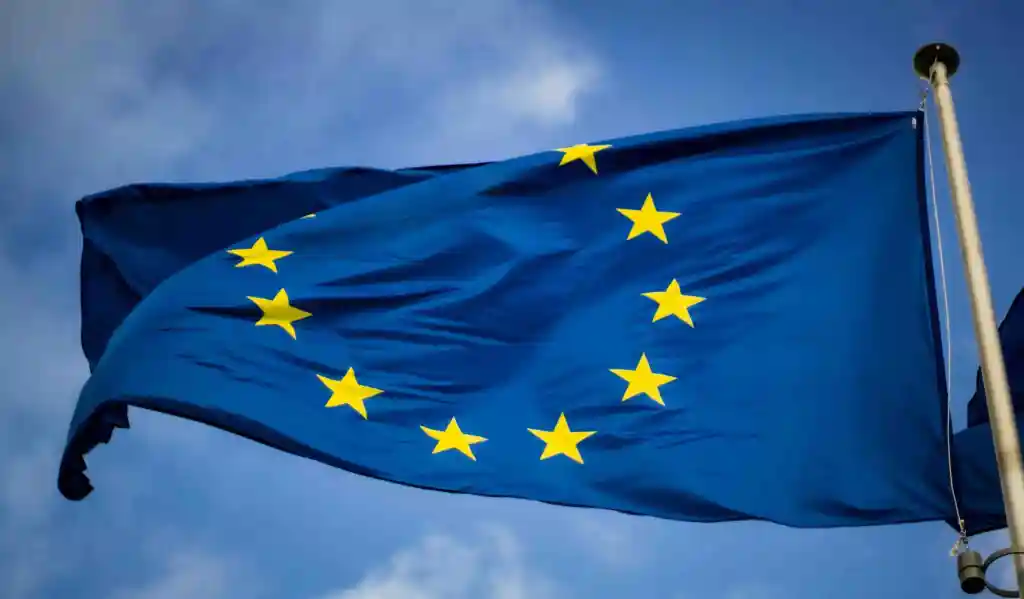EU Sanctions Russia-Linked Threat Actors

The European Union added six Russian and Ukrainian nationals to its restrictive sanctions.
Alan J June 25th, 2024

Share on LinkedInShare on Twitter
The European Union has extended its sanctions against threat actors after adding six Russian and Ukrainian nationals to its restrictive measures list. These latest sanctions come as part of the EU’s ongoing efforts to combat malicious campaigns that threaten its member states and global security.
The Council of the European Union adopted the decision to expand sanctions on June 24, 2024, citing the increasing frequency and sophistication of cyberattacks against critical infrastructure and essential services. These attacks, including ransomware, supply chain targeting, and cyberespionage, pose a systemic threat to the EU’s security, economy, and society.
The sanctions are aimed at preventing, deterring, and discouraging such activities, and are considered a vital instrument in the EU’s framework for a joint diplomatic response to malicious cyber activities.
Russian Military Intelligence and FSB Operative Sanctions
The sanctions will take effect following publication in the Official Journal of the European Union. The council document justified the new sanctions as measures in response to the ongoing war between Russia and Ukraine and its resulting cyber activities:
The use of cyber operations that have enabled and accompanied Russia’s unprovoked and unjustified war of aggression against Ukraine affects global stability and security, represents an important risk of escalation, and adds to the already significant increase of malicious cyber activities outside the context of armed conflict over recent years. The growing cybersecurity risks and an overall complex cyber threat landscape, with a clear risk of rapid spill-over of cyber incidents from one Member State to others, and from third countries to the Union, further call for restrictive measures under Decision (CFSP) 2019/797.
Among those sanctioned are Ruslan Aleksandrovich Peretyatko and Andrey Stanislavovich Korinets, both identified as members of the “Callisto group” linked to Russian military intelligence. The group, also known as “Seaborgium” or “Star Blizzard,” is accused of conducting multi-year phishing campaigns to steal credentials and data, targeting individuals and critical state functions in defense and foreign relations.
Two Ukrainian nationals, Oleksandr Sklianko and Mykola Chernykh, were sanctioned for their involvement in the “Armageddon” hacker group, allegedly supported by Russia’s Federal Security Service (FSB). The group was found carrying out cyberattacks against the Ukrainian government and EU member states using phishing emails and malware campaigns.
Wizard Spider Threat Group Members Sanctioned
The EU also targeted two key players in the Russia-based threat group Wizard Spider: Mikhail Mikhailovich Tsarev and Maksim Sergeevich Galochkin. Both are implicated in deploying the “Conti” and “Trickbot” malware programs, which have caused substantial economic damage in the EU through ransomware campaigns targeting essential services such as healthcare, banking and defense.
The EU Council has emphasized the need to protect these vital sectors from cyber threats, which can have devastating consequences for individuals, businesses, and societies as a whole. The Council said the sanctions imposed on these six individuals are a clear message that the EU will not tolerate malicious cyber activities that threaten its security, economy, and democracy. The Council document stated:
“As part of the sustained, tailored and coordinated Union action against persistent cyber threat actors, six natural persons should be included in the list of natural and legal persons, entities and bodies subject to restrictive measures set out in the Annex to Decision (CFSP) 2019/797. Those persons are responsible for, or were involved in, cyberattacks with a significant effect, which constitute an external threat to the Union or its Member States.”
The sanctions demonstrate that the EU will continue to work closely with its Member States, international partners, and other stakeholders to address the growing cybersecurity threat landscape escalated by geopolitical tensions.





